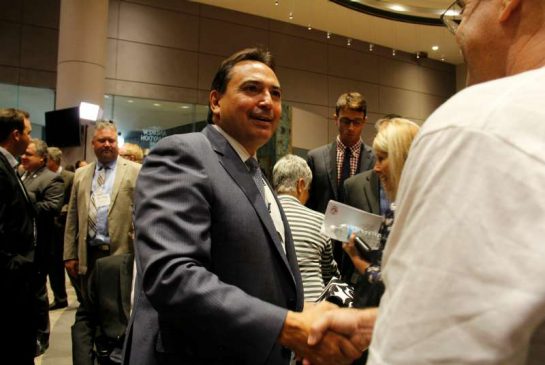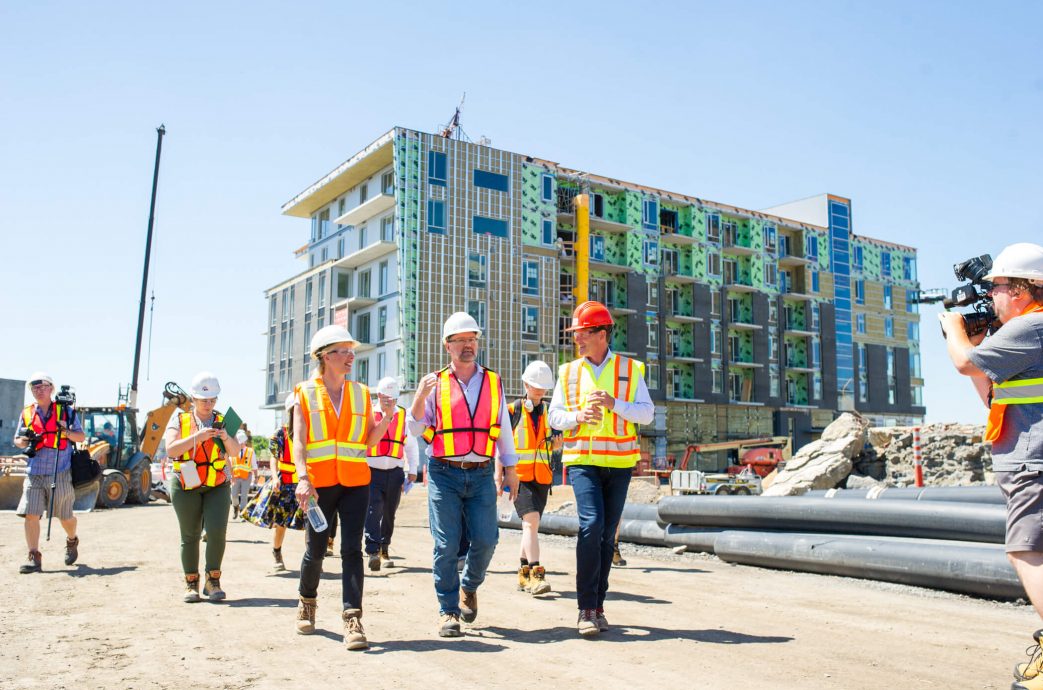Perry Bellegarde says the $1.2-billion development on unceded Algonquin territory is a positive example of “relationship-building.”
By: Lucy Scholey Metro Published on Wed Sep 09 2015
Assembly of First Nations national chief Perry Bellegarde says Ottawa’s divisive Zibi development is a shining example of “relationship-building” between industry and First Nations people.
Windmill Development Group is spearheading the massive $1.2-billion commercial and condo development along the Ottawa River. Bellegarde says he’s staying mindful of all sides of the debate on the Chaudière Falls plan.
“First Nations people aren’t opposed to development,” he told reporters on Thursday. “We want to be part of the economy. We don’t want to be just consumers of goods and services, we want to be creators, producers of goods and services.”
Bellegarde’s comments followed his speech as guest at Ottawa Mayor Jim Watson’s regular breakfast series. It’s a business networking session that has featured the likes of Liberal Leader Justin Trudeau and Jason Kenney, who was the minister of national defence before the start of the election campaign.
Bellegarde, who hails from the Little Black Bear First Nation in Saskatchewan, is a new resident to Ottawa, having been elected as AFN chief on Dec. 10, 2014.
“From what I know of, it seems positive,” he said of the talks between Windmill and indigenous people. “There seems to be a great partnership between Chief (Kirby) Whiteduck and the industry, so you move forward, there’s always pros and cons. There’s always sides.”
Whether it’s Zibi or any other development, Bellegarde said it’s important to create a venue for people to voice their concerns and find “common ground.”
Critics of the Zibi development include architect Douglas Cardinal, who designed what’s now known as the Canadian Museum of History. He’s among those who want the two islands turned into parkland to honour the sacred unceded Algonquin territory.
Windmill Developer Jeff Westeinde was also at the breakfast event, where he echoed Bellegarde’s comments that a disparity exists between First Nations and the rest of Canada. Windmill has been in talks with aboriginal groups about the development and pledged to employ aboriginal workers on the construction site.









